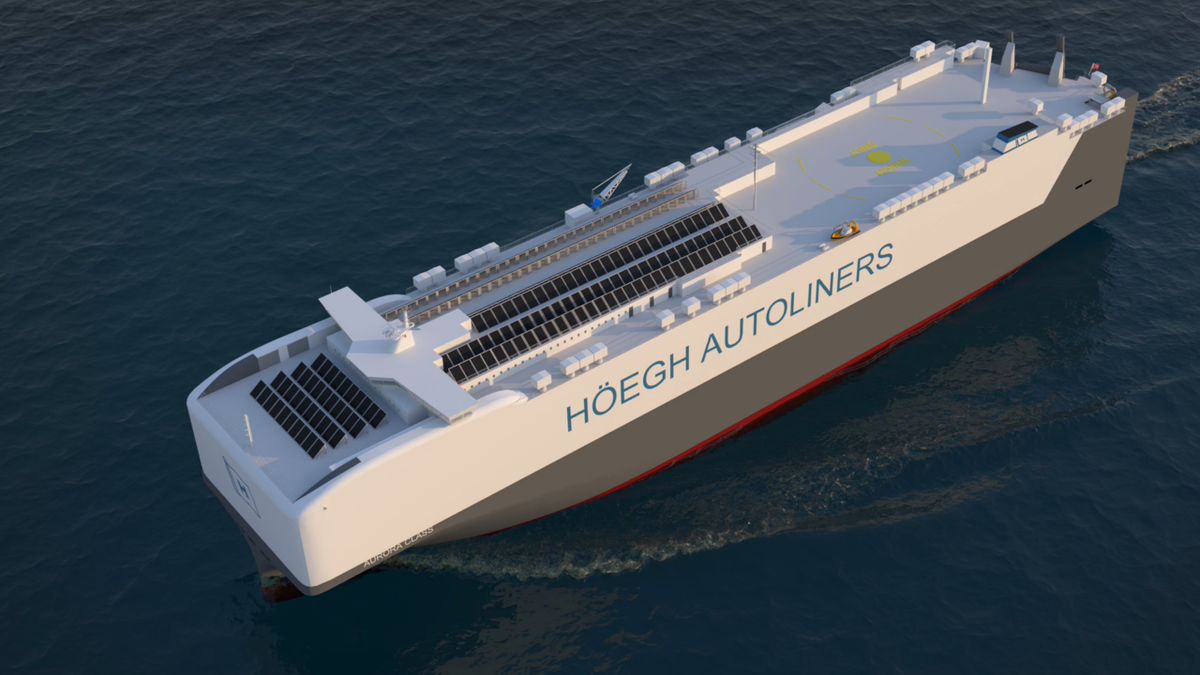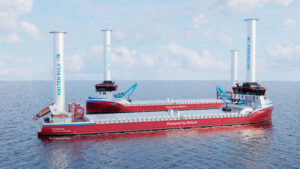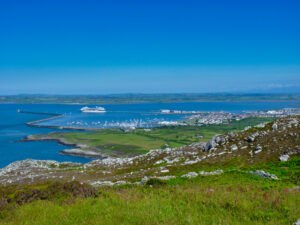Norway as a maritime nation, is sending a strong sustainability message with the largest ever Enova funding round supporting the green maritime transition.
The aim of the funding is to establish the first functioning value chains for ammonia and hydrogen for maritime purposes.
Norway’s roro Höegh Autoliners is one of the seven companies granted the Enova funding, that will support both hydrogen vessels and ammonia vessels.
“The competition was fierce, and there were many good projects that unfortunately did not quite make it,” noted the chief executive of Enova, Nils Kristian Nakstad. “It bodes very well for the further investment and the next round of applications.”
The company was granted NOK 109,4m in increased Enova funding as part of its “ammonia fuelled vessel programme” to ensure that four of Höegh Autoliners’ aurora class vessels can run fully on ammonia when they are delivered in 2027. The company will in total receive NOK 255,4m in Enova funding.
“Almost all Höegh Autoliners vessels sail under the Norwegian flag and have significant Norwegian content from the Norwegian cluster. The support from Enova, together with our innovative multi-fuel vessel design, significantly helps derisking the choice of bringing the first zero-carbon vessels to our industry,” said the chief executive of Höegh Autoliners, Andreas Enger.
Höegh Autoliners has a total of twelve aurora class vessels on order. The first eight aurora class vessels will run on LNG, with the first one being delivered in August. These vessels are designed to be converted to run on ammonia.
The ammonia engine technology will be ready in 2026, allowing the company to build the last four vessels to run on ammonia from the start. These vessels are expected to be delivered in 2027.
The company said it was granted in March NOK 146m in Enova funding for two aurora class vessels to reduce the additional cost of this solution compared to a vessel that would be “ammonia ready”.
The operator believes that these vessels will significantly contribute to the company’s goal of achieving net zero emissions by 2040.
“To get to net zero, we must make clean ammonia, perfect for long-distance transportation with our two-stroke engines, viable as the future shipping fuel, and send a clear signal to the rest of the value chain that the technology can be developed and implemented in a short time,” pointed out the COO of Höegh Autoliners, Sebjørn Dahl.



